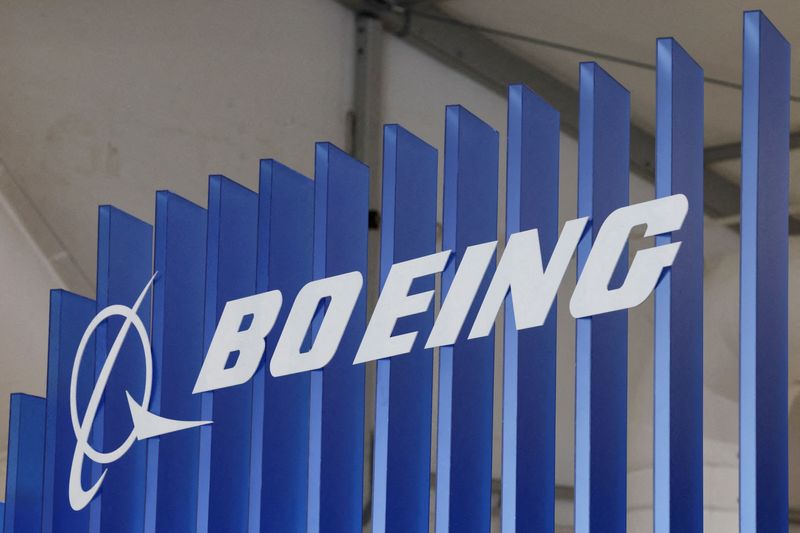The United States government is considering implementing export controls on Boeing aircraft parts, a potential response to China’s recent export restrictions on rare earth minerals. This announcement, made by President Donald Trump, underscores the ongoing trade tensions between the two nations.
Boeing has been at the forefront of Trump’s trade policy since he took office, with the president often citing the defense of American companies. In April, during a period of increased trade conflict, China responded to U.S. trade actions by halting deliveries of new Boeing jets to its airlines.
When pressed about what specific items might be subject to export controls, Trump highlighted the importance of Boeing to China, noting, “They have a lot of Boeing planes, and they need parts.” This perspective reflects the significant role Boeing plays in the supply chain of the aviation industry, emphasizing that any restrictions could have widespread implications.
Reports indicate that Boeing is in discussions to sell as many as 500 jets to China. This would mark a substantial rebound for the manufacturer, which has seen a decline in Chinese orders—from approximately 25% of its total order book to under 5% currently. Currently, Chinese airlines have firm orders for at least 222 Boeing jets, despite the challenges posed by trade tensions.
Analysts have suggested that any financial consequences for Boeing resulting from these trade disputes may ultimately be minimal. Aerospace analyst Scott Hamilton noted that the current setbacks are “sandpaper on Boeing’s hide,” indicating that while frustrating, they may not drastically impact the company’s bottom line.
In addition to Boeing, other U.S. companies could also feel the strain of any export controls. For instance, CFM International, a joint venture producing engines for many of Boeing’s models—such as the 737 MAX—would be directly affected if spare parts were restricted.
Boeing faces competition from Airbus, which holds significantly fewer orders from Chinese clients—185 compared to Boeing’s 222. Airbus has maintained operations in China with a production facility in Tianjin but remains less entrenched in the Chinese market than its American rival.
As part of its strategic efforts, China is also working to establish its own commercial aviation industry, spearheaded by the domestically-built COMAC C919, meant to compete with Boeing’s 737 and Airbus’s A320. With 365 orders already placed for the C919, production has been hampered by U.S. export controls that limit Western-supplied components.
Overall, the evolving situation emphasizes the intricate relationship between trade policies and the aerospace industry, underscoring how geopolitical tensions can reverberate through international supply chains and impact global commerce.








